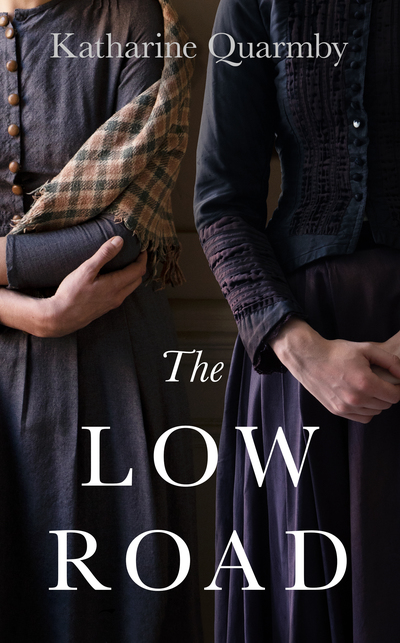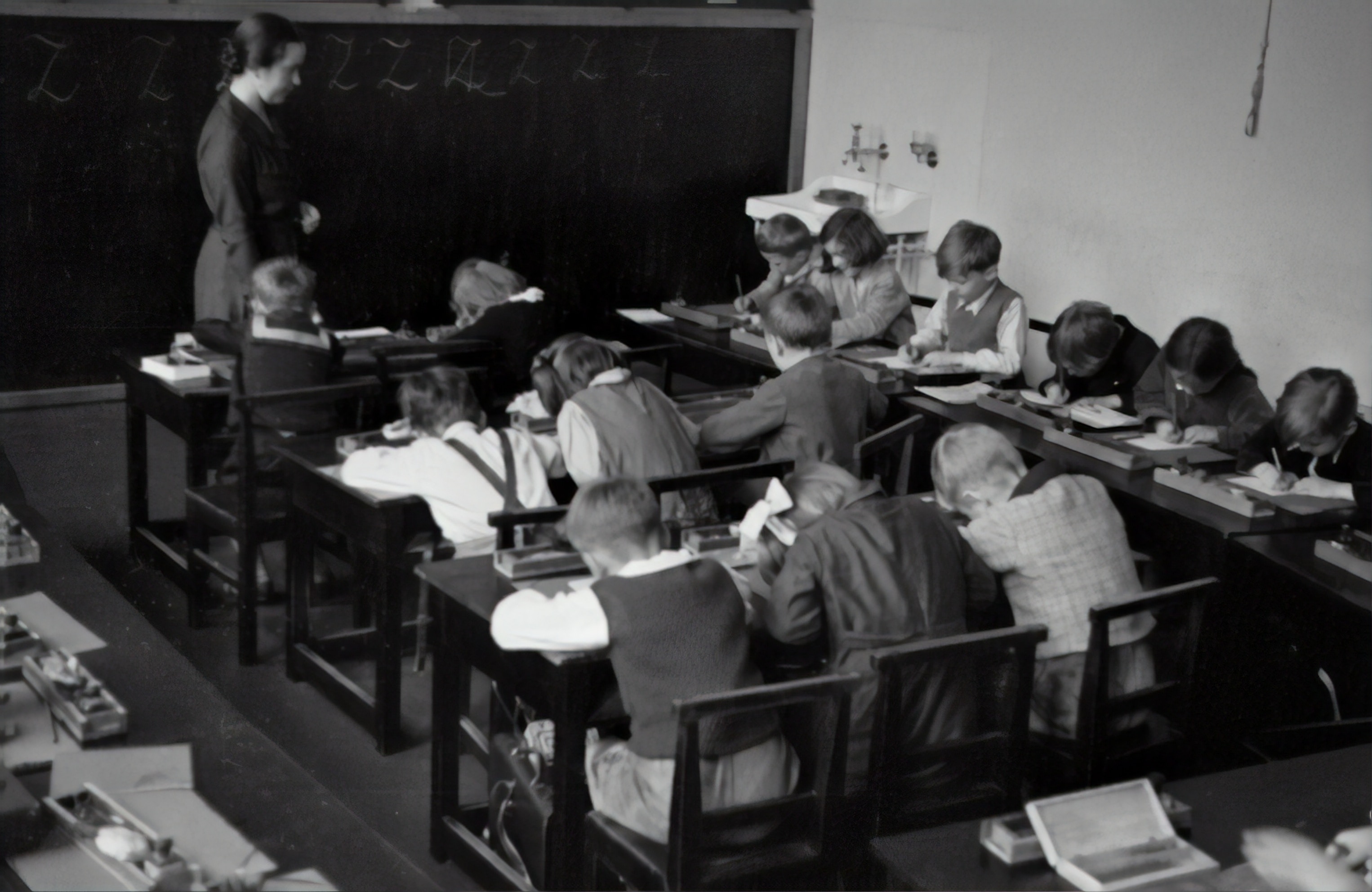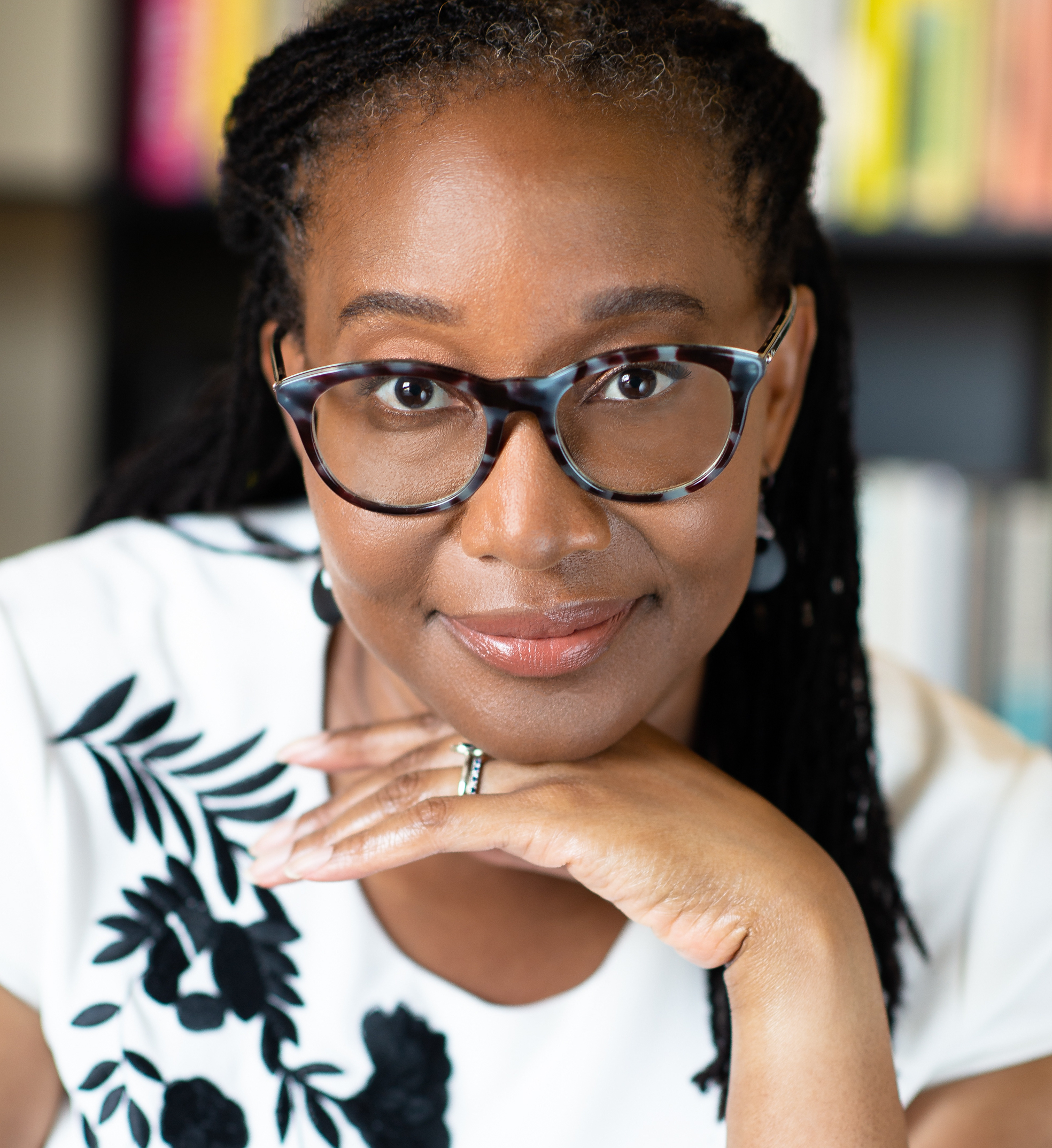The Detective Story of A Lifetime
When journalist Katharine Quarmby was visiting her parents in the Waveney Valley, she encountered a story about the murder of woman who was staked through the heart and buried at the edge of town. What transpired when Katharine unravelled the story unpacks histories of women who faced poverty and exile.
The Reading Room
Welcome to our Reading Room. Dive into a deeper conversation and find leads for your reading list with our collection of extracts from upcoming books - by writers you know, and writers you should get to know.

Chapter One
The sound of it in the darkness, a thudding; the fracturing next, then silence before a screaming fills the air till it is full. I am clenched in a grip that defeats me.
The man on the black horse is quite still. The constable looks at him. He nods. The stake descends again.
I must be the one who is screaming and I am wet with tears, or is it sweat, and I am held so tightly that I cannot break free.
The clutch releases. I open my eyes and they are on each side of me and their voices are low, reassuring. I look at them in the candlelight and slowly come back to here, to now. He helps me up for a moment, I rest against him. She makes the bed and I lie down on cool cotton. Between the two of them.
I wasn’t always like this. I think if I tell the truth it will help me, and so, as the light moves across the swept wooden floor, I make a start. There will be gaps, I don’t doubt. I will tell what I can when I can.
For a moment I remember how it felt, holding that dear dying hand, so worn down and rough with honest labour. How she fixed me with her eyes and told me: write down what you cannot say out loud. I wasn’t sure then how much I could reveal.
It’s different now. I cannot get through this if I do not talk true, tell the whole of my story now. So I make a start. This is not just for me any more.
The worst comes first. If I could stand with the child I was, and take her by the hand, if I could pull that poor little girl to my breast so she could not see what is about to unfold I would, a thousand times. Too late for that, so instead I’ll tell our tale, the child, the girl and woman that I was and am, and I’ll mend our story so that it becomes a whole for the first time.
This is a story about love, honestly. About the three people I have loved with everything I have in me, and how I’ve loved them miles and miles and years and years apart and I won’t be told by anyone, any more, that my love is wrong. I take the words that have been thrown at me and I cast them away. I will not be judged. I am not unnatural or vicious. Let me explain.
Here I am where it started then, as dusk falls on a late spring day. It has not chilled yet, and my window is open. I hear the thud and scuffling of many footsteps on the dusty road outside the doctor’s house. I stand on my tippy toes and peer out of the attic window and as far as I can see there are people, a great crowd of them, processing slowly down the Thoroughfare. As they come closer, I see that Matthew Wypond is at the front.
Then I see my mama lying on a cart. The sacking that should have covered her nakedness has slipped. The great concourse moves on and my eyes are scarred with this, as if a hot knife has seared my eyeballs.
The birds do not sing even as they roost for the night so that the only sound is the trundling of the wheels, for the people are quite silent, their heads bowed.
I tear my sheet from my bed and I run down the back stairs. I am clad in the linen shift I won on that fine day when I ran the length of the town and could not be beaten. I keep my head down, join the back of the concourse. The street is dry beneath my bare feet.
The light has nearly left the sky when we arrive at Lush Bush, where our parish ends and another begins. Everyone halts, and I creep between their legs. They are spattered with mud, blood on the butcher’s long apron, the reek of unwashed people at the end of a long day’s work.
I must get to my mama for I have her shroud. I see a great deep hole, hard by the willow tree. I hear the sound of a horse, trotting, and there is the archdeacon, Tom Olderhall, astride Black Bessie. He pulls on her bit and she walks through the crowd to the centre. To the hole.
Two men lift my mama from the cart. I see now that she is dead then, the archdeacon spoke true. And then I am whirled upwards, and Jem Summers is smiling at me with the two teeth missing that means that he whistles as he talks and he hoists me to his shoulders and fixes me there so I cannot move. Olderhall nods, once.
The men tip my mama in the hole and it is then that I scream and try to throw my bed sheet in to shroud her, but I cannot reach her. Summers laughs but then the silence falls. Although Olderhall gives no blessing, all at once the people kneel, but Summers does not let me go so I sway, sickened, as the people remove their hats. Olderhall sits high and straight above us on Black Bessie, frowning.
He nods again.
The parish constable takes a stake and places it between my mama’s breasts and then another man drives it home. A long sigh comes out from all of us, and then he nods once more. The stake makes sure. My mama will wander no longer on the parish boundary. She is fixed for ever more.
The screaming is all around us and it comes from me, a child of just ten years, and then it cuts off with a gulp of air and at last I am silent.
The Low Road by Katharine Quarmby is published by Unbound and can be found here.
The Lead is now on Substack.
Become a Member, and get our most groundbreaking content first. Become a Founder, and join the newsroom’s internal conversation - meet the writers, the editors and more.





